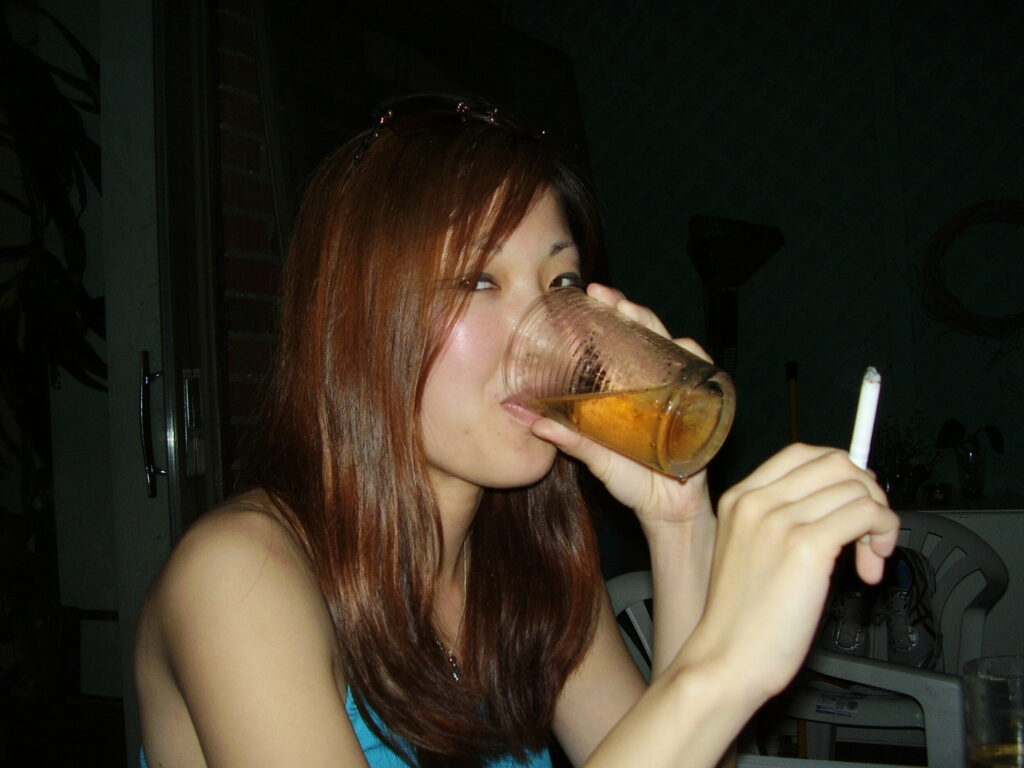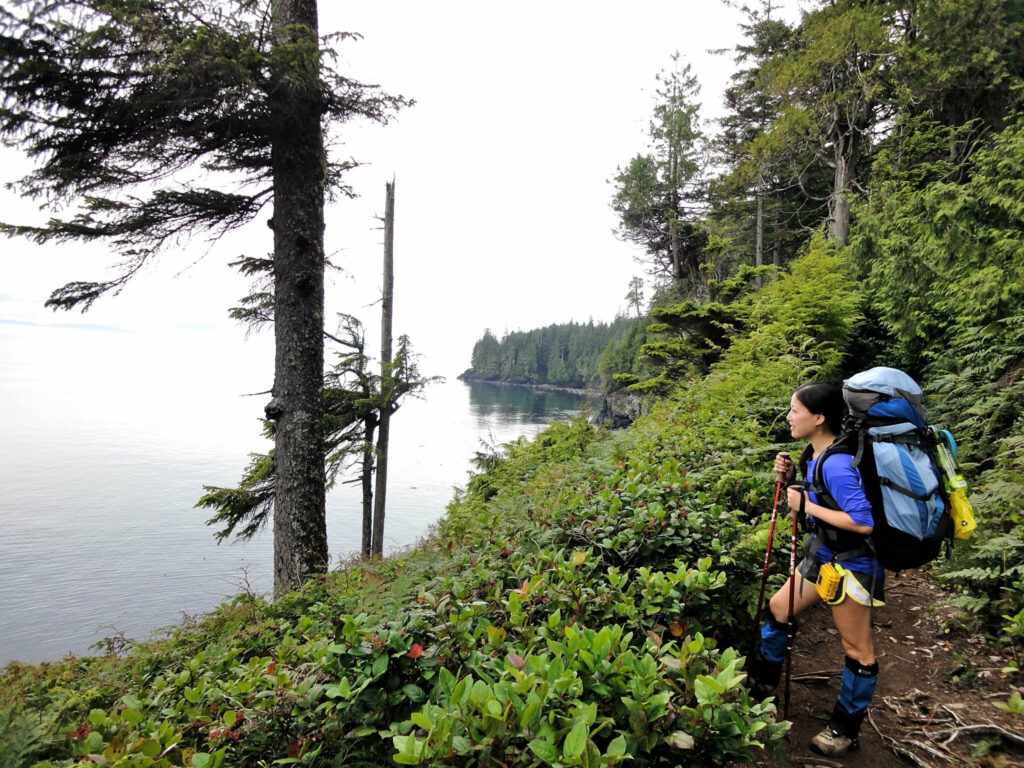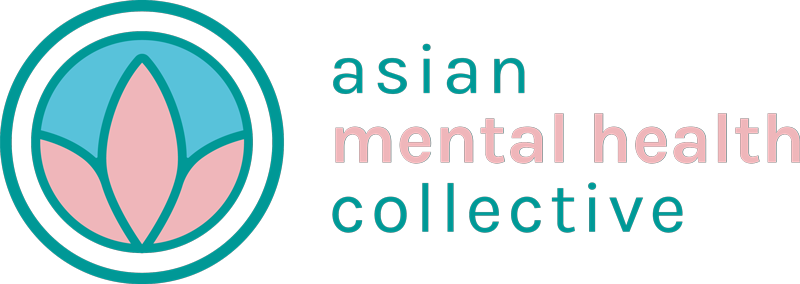By: Janice Ho
I was 18 when I had my first drink. Compared with my friends, I was late to the party, but I quickly made up for lost time. But let me rewind a bit and explain what had primed me to fall in love with alcohol the moment we met, and how I slipped down the insidious path of alcohol addiction.
My experiences of trauma began as a young girl. Although much of my childhood felt “normal”, I now realize that my family life was somewhat chaotic and my dad’s unpredictable behavior emotionally scarring. When my parents unexpectedly separated, my life took a turn for the worst. I was entering high school and already experiencing self-worth issues and depressive episodes. Now I also felt deeply betrayed and abandoned by my dad. As my mom and sister formed their own bond over a religion I couldn’t find my place within, I lost my sense of belonging with them too. I often exploded in anger, unable to make sense of or express the hurt, loneliness, and grief that plagued me, and home life became full of continuous conflict.
We had moved out on our own––my dad renting an apartment by himself––and had to go on welfare. And so began my life of working to survive, sometimes holding two part-time jobs while trying to be a normal high school student. I dated guys who would cheat, lie, manipulate, and disrespect me with their words, having learned as a young girl that my boundaries didn’t exist and that women ultimately served the needs of men. I felt unloved and unlovable.
Fast forward to my first meeting with alcohol. Growing up in downtown Toronto, I was immersed in the drinking and drug culture with my social circle of largely Asian friends and acquaintances. If I wasn’t downing shots and beers with them at nightclubs on the weekend, I was getting wasted playing drinking games at Asian karaoke bars during the week. Finally, all of the anxiety, anger, and depression that kept me locked in an unrelenting cycle of stress was put on hold as alcohol lifted me out of my miserable existence.

Or at least that was my romanticized view of it. The somber reality was that I continually found myself in questionable sexual situations with guys I barely knew and woke up to countless mornings of head-splitting hangovers. I’d find bruises on my body from falling in my drunken stupor, and blackouts in my memory of how my night had ended, leading to the morning call of shame when I’d have to fearfully ask a friend: “Did I do anything stupid?” And yet, I continued to drink.
I now understand the rational explanation behind what then seemed like nonsensical behavior. My brain had learned repeatedly that when I drank alcohol, it would experience a rush of pleasure from the abnormally high levels of dopamine that an addictive drug releases into the brain’s reward center. Chemically, my brain was being conditioned to continue seeking out this very desirable action of drinking.
However, with repeated drinking, the euphoric and relaxing effects of alcohol would diminish, and I’d have to drink larger amounts of booze just to get the same effect (tolerance). Meanwhile, my brain, in response to the unnatural and chaotic effects alcohol was subjecting it to, would attempt to bring itself back to a balanced state (homeostasis) by producing the exact opposite effects (withdrawal). As alcohol produced pleasure and relaxation, in its absence I would experience intense anxiety, insomnia, and the inability to feel pleasure, compelling my brain to reach for the only thing that would alleviate those painful feelings (craving): alcohol. This is the cycle of addiction that I had unwittingly forfeited all control to.
Back then, I didn’t know how addiction operated on a biopsychosocial level. I simply blamed myself for being fucked up and unable to make better decisions. Even now, it’s hard to know if anyone else was struggling with addiction because nobody ever talked about it. Feeling the stares of judgment thrown my way when I drank solidified in my mind that I alone had a problem. I didn’t want to keep drinking to escape my life, but I couldn’t seem to find a sense of peace anywhere else but with the bottle. Feeling disgraceful and shamed, I made countless promises to myself and others that I would never drink again––and failed every time.
When I was in my early 20s, I would endure a verbally and emotionally abusive relationship that further reinforced both my descent into addiction and the belief that I was unworthy of having anything better for my life. After our break-up, I started to drink whiskey at home alone every night to stave off my debilitating insomnia and the immense rage and helplessness I felt at the abuses my now-ex-boyfriend had inflicted upon me.
In my mid-20s, I reached my rock bottom. I didn’t know then how life would get better from there––I just knew I couldn’t live this way forever. Many of the environmental and social factors that had contributed to my propensity to drink gradually began to change. I distanced myself from my peers who were heavily immersed in the drinking and drug scene. I started dating a guy who for the first time brought stability to a relationship. I also worked hard to get accepted into a Master’s program that was my ticket out of the vicious cycle of dead-end jobs and financial insecurity I had been trapped in for years. My countless all-nighters in the library paid off: I received my acceptance letter to the Master of Criminology program at the University of Toronto in 2008.
That year changed everything for me. It felt––as it always had––that I had to work twice as hard as my peers to succeed, but I graduated at the top of my class. Graduating during the recession in 2009 felt like another setback, but I said yes to any work or volunteer opportunity that came my way and gradually moved up in my career. I gained access to some much-needed therapy through work benefits, and finally moved into an apartment that I could truly call home after years of constant moving and couch-surfing since leaving my family home at 19. My relationship with my family had improved over the years, and with newfound calmness and financial stability in my life, I was also able to find healing in returning to music, my childhood passion, and in simply resting my weary body and soul.
As my 30s continued, I ended what had been a beautifully grounding eight-year relationship with my boyfriend, and moved on from a rewarding eight-year career working in the criminal justice field. Both were no longer the right things for my life, nor was living in my home city. My heart longed to live more in nature. After years of going backcountry camping, I had learned that being surrounded by the trees, water, and earth was what brought me the most peace, and when I could feel like the carefree self I was never able to be. As my life became more than just about surviving, I was able to imagine and actualize these new possibilities for myself. I moved to a friend’s farm and herded sheep for eight months, and went solo traveling to the hills of Tuscany and hiking trails of Vancouver. I loved deeply in my next relationship, and after we parted I spent a few months in Central America living out another dream of mine––traveling abroad to experience life in other cultures––before COVID-19 took center stage in all of our lives.

But while much of my life had turned around, I hadn’t fully divorced myself from alcohol. I had never completely stopped drinking. I had never given my brain a chance to fully detox and heal. While it seemed that I could now better “control” my drinking because I was no longer getting wasted at clubs or drinking myself to sleep every night, I would time and time again return to using alcohol to self-medicate or drink more than I had intended to. Yet, everyone around me was still also doing it––albeit in a more sophisticated, grown-up way––and I was mostly able to pass off my drinking as unproblematic, including to myself.
As we entered self-isolation time, I felt nervous about how I might emerge in the post-COVID world after spending months alone with my trusted companion, alcohol. One night––on April 11––after days of trying to exercise the willpower to drink in moderation, I drank glass after glass until two in the morning, sobbing in my stress and loneliness. The next morning, I awoke hungover and emotionally wrecked. I knew then it was time to finally take a pause and examine the truth of my current relationship with alcohol.
I am now 97 days alcohol free, at the time of writing. I’m not entirely sure what the future will hold for my journey, but I have committed to not having another drink unless it is an intentional decision that is honest to myself. It has been empowering to better understand how alcohol has deeply impacted my brain and how I can begin to change my subconscious beliefs about drinking. And it’s also been challenging to face the painful feelings that have surfaced in my raw, sober state. There’s no hiding anymore from any of it.
But as my 38th birthday has come and gone, I reflect back on the tumultuous yet resilient life I have lived thus far. To know there is at least another 38 years left compels me to do whatever is needed to live out that time with more self-love and freedom from my traumas and self-destructive patterns. I have great hope as I hold on to the life experiences that tell me the seemingly impossible is more than achievable and to the unshakable belief that I am worth fighting for.
To learn more about alcohol/drug addiction or to get support:
This Naked Mind Podcast: https://thisnakedmind.com/category/podcast/
This Naked Mind Community: https://www.thisnakedmindcommunity.com/
Judith Grisel on the neuroscience of addiction: https://www.youtube.com/watch?v=pOkh9XC-dSg
Sober Curious Podcast: http://www.rubywarrington.com/podcasts/
Hip Sobriety: https://www.hipsobriety.com/
Are You Really an ‘Alcoholic?’” (IGNTD Podcast): http://igntd.libsyn.com/are-you-really-an-alcoholic
Alcoholics Anonymous (AA): https://aa-intergroup.org/oiaa/meetings/?types=Secular
About the Author

Janice Ho
Janice Ho is a Korean-Canadian who was born and raised in Toronto, Ontario. She is currently a freelancer working in marketing and communications, copy editing, and qualitative research. Janice also hosts The Soul’s Work Podcast in which she shares about her current exploration of her relationship with alcohol, and other lessons learned from her self-development and healing journey. You can also connect with her on Instagram @janicehoimages or through her website www.janicehocreative.com.

